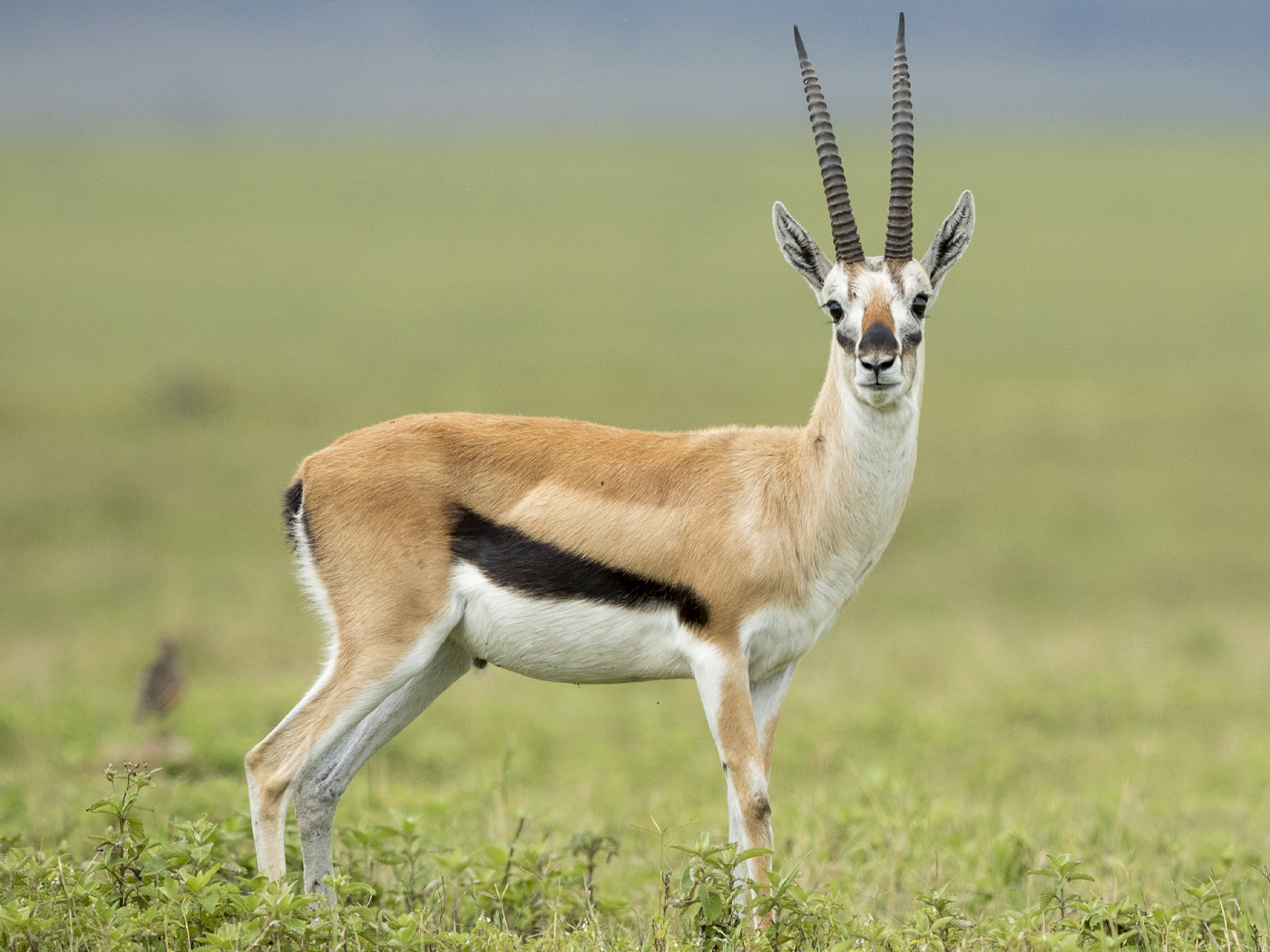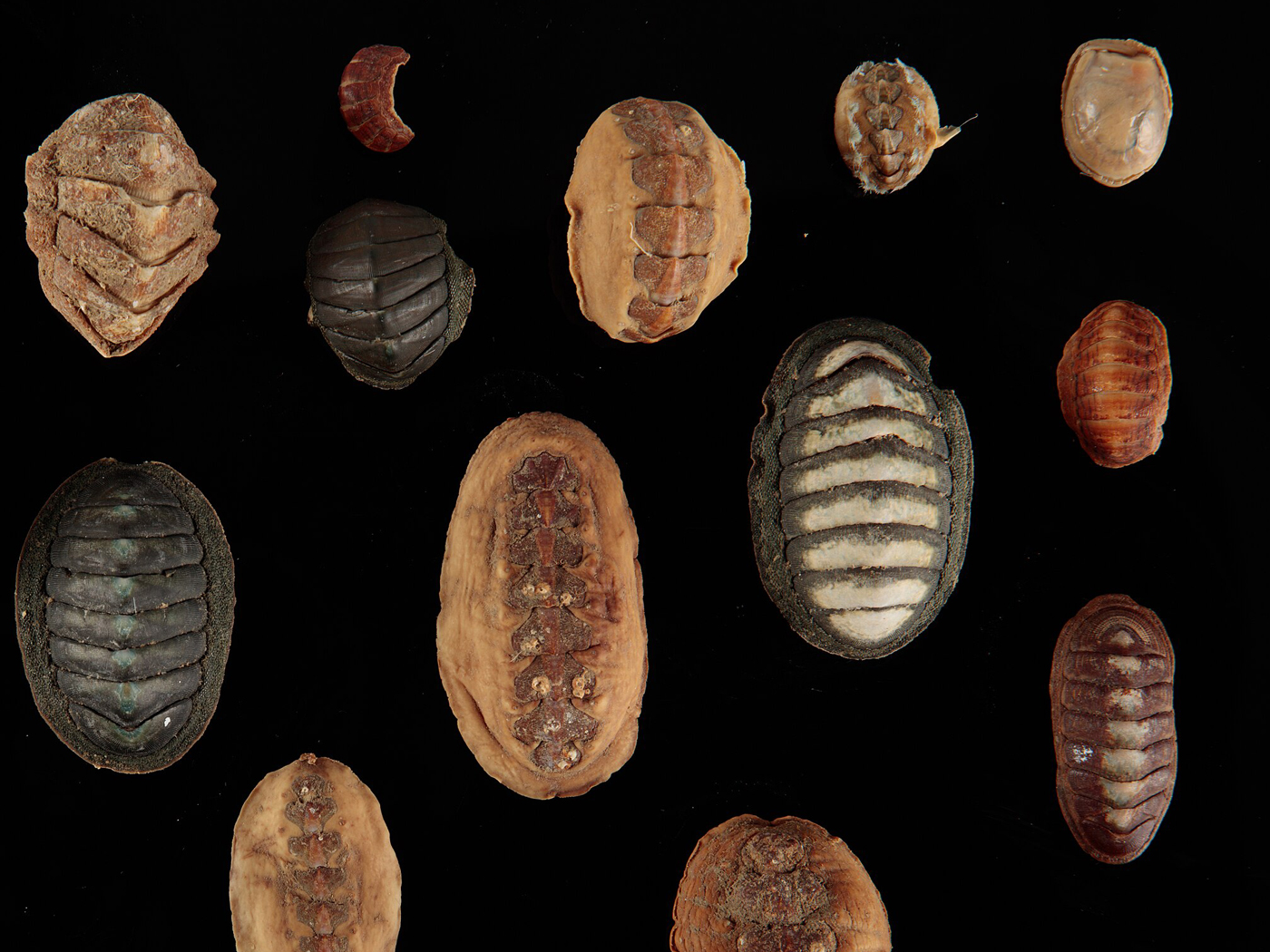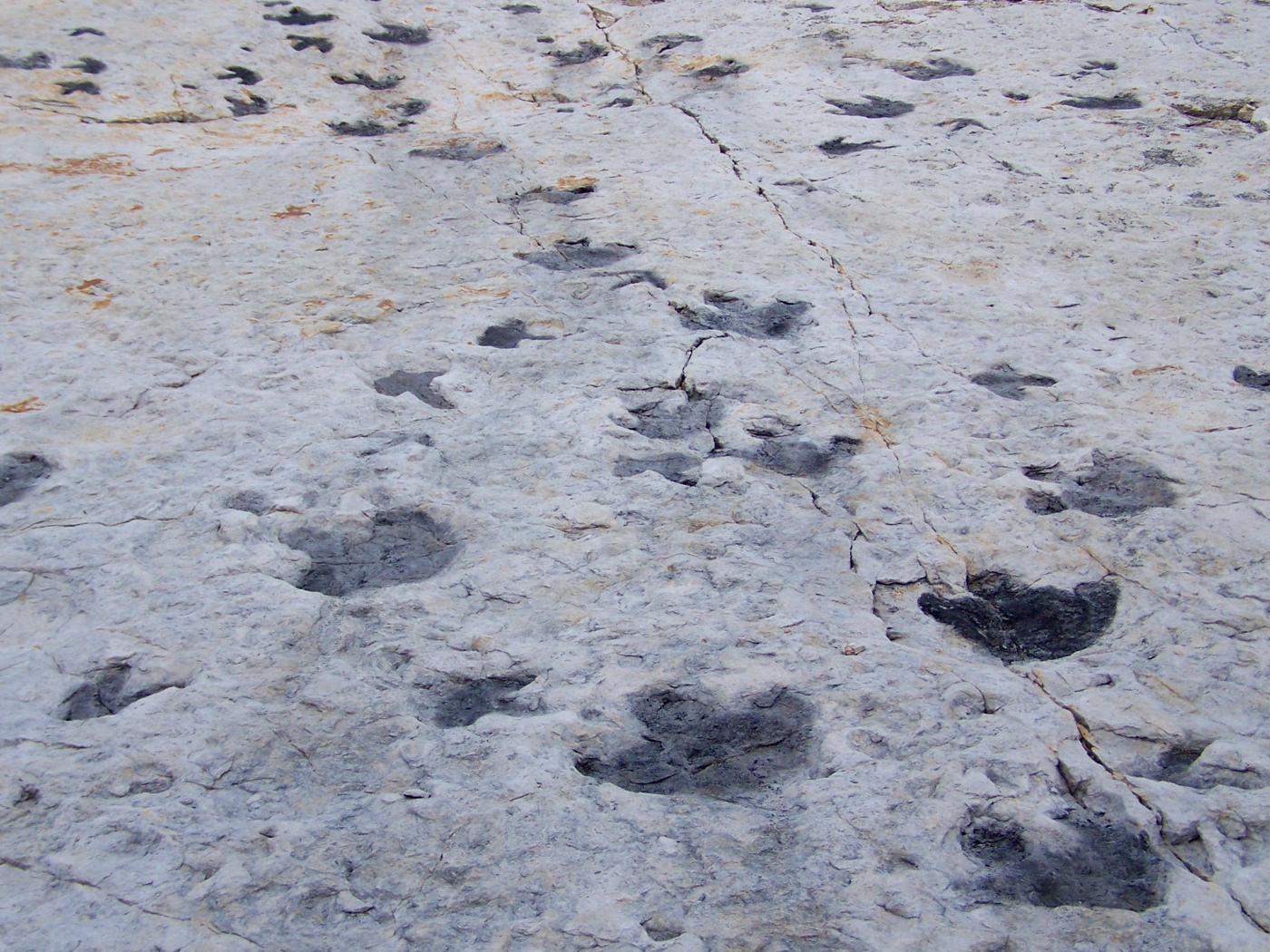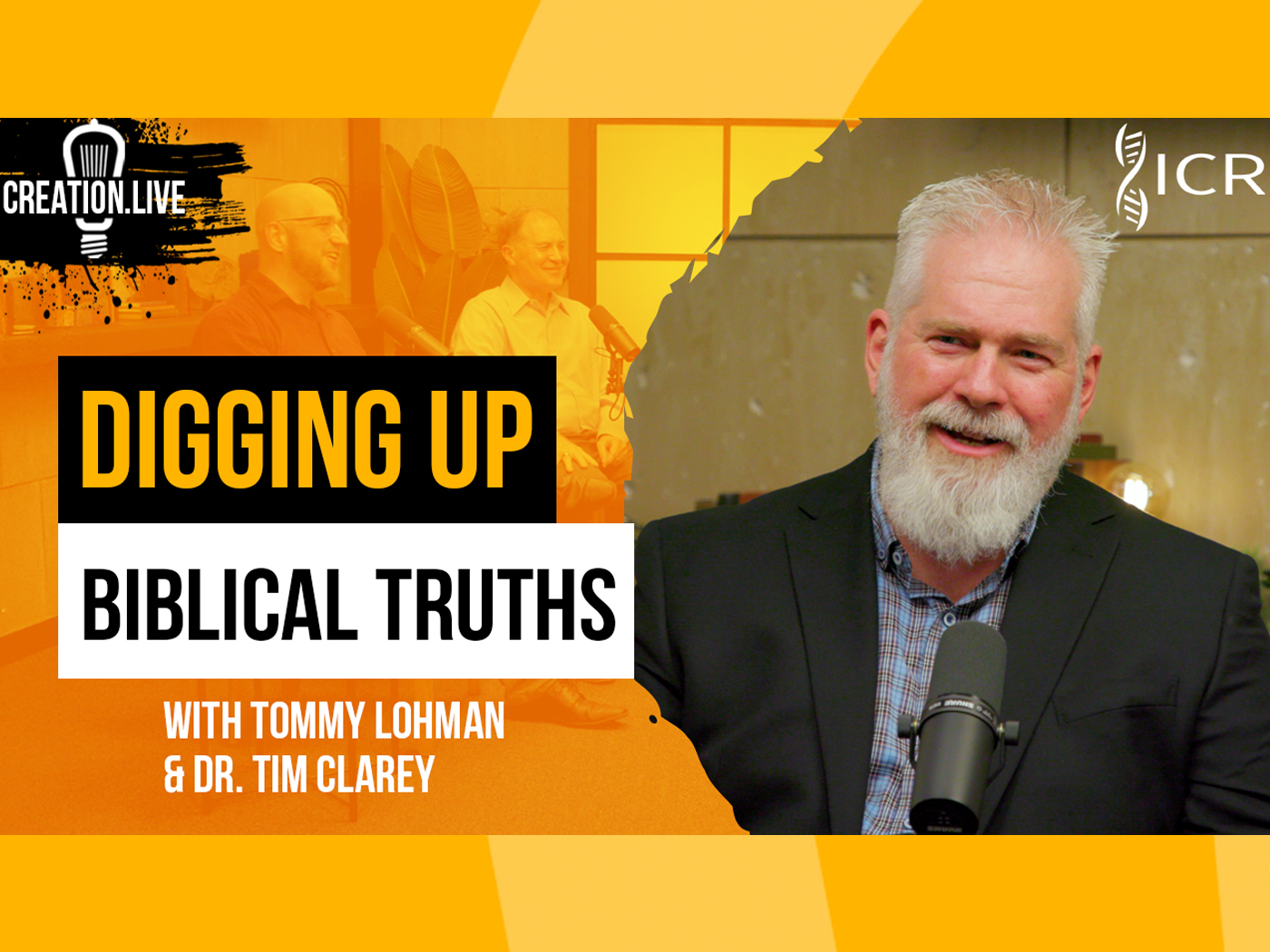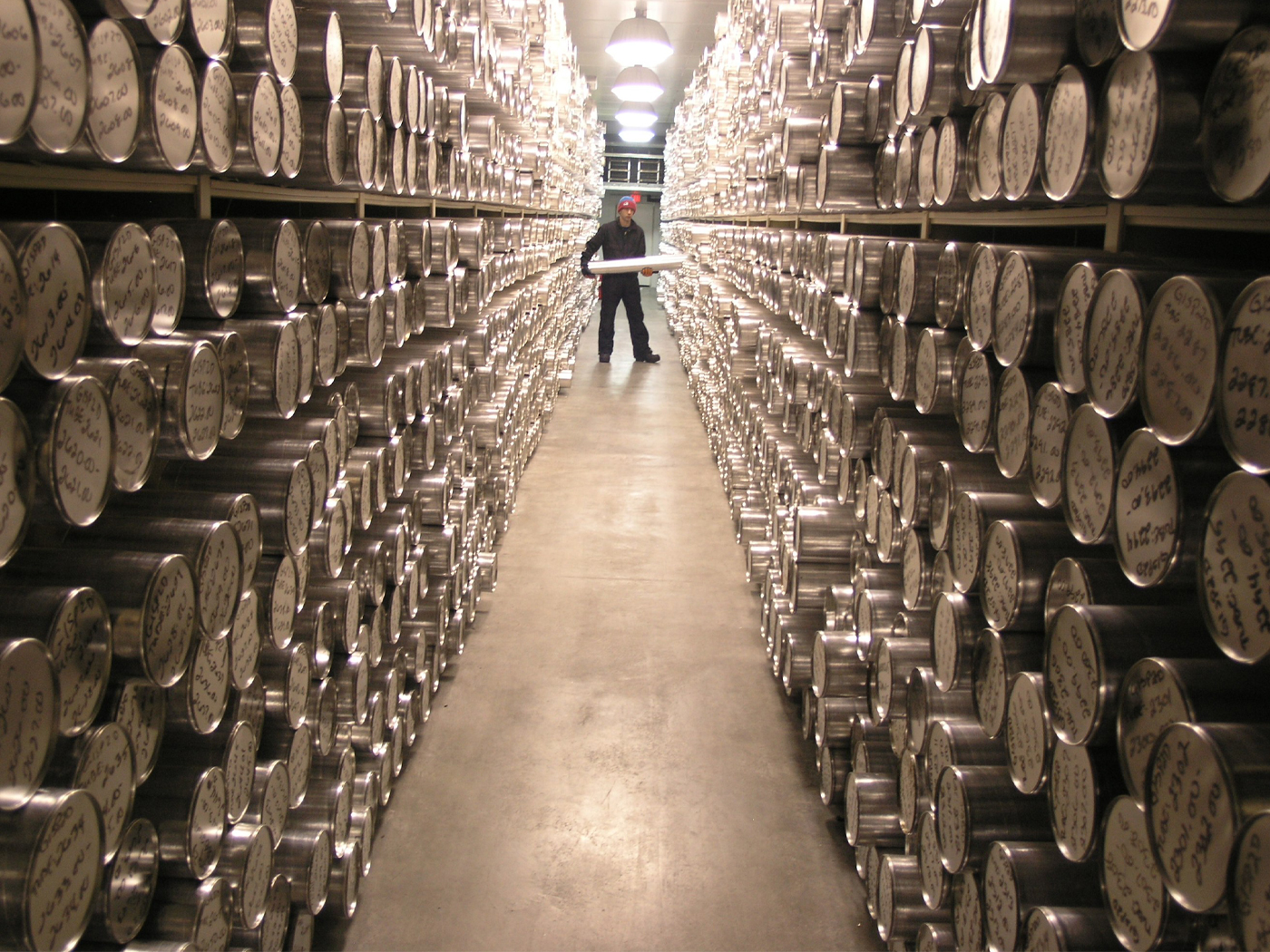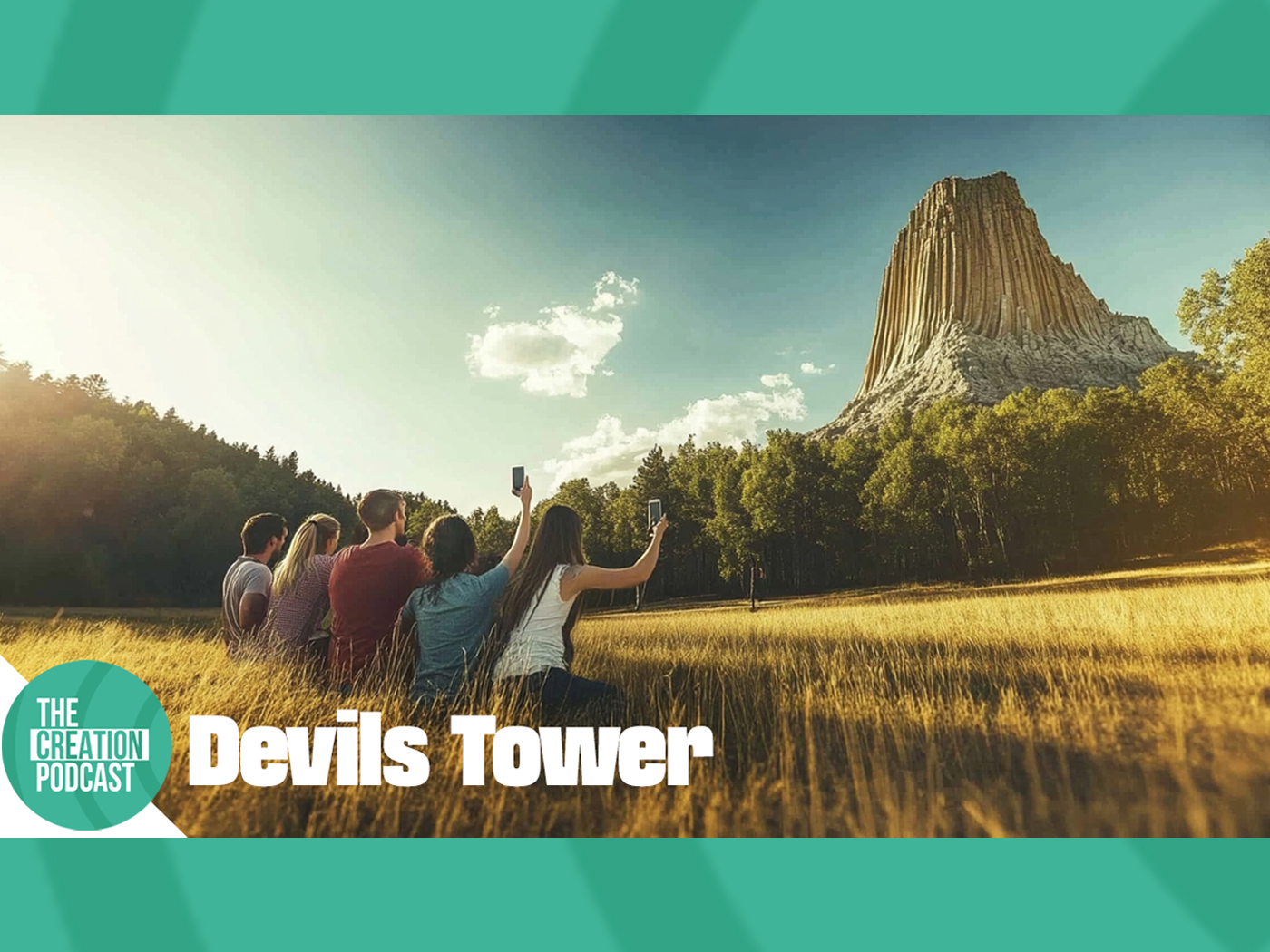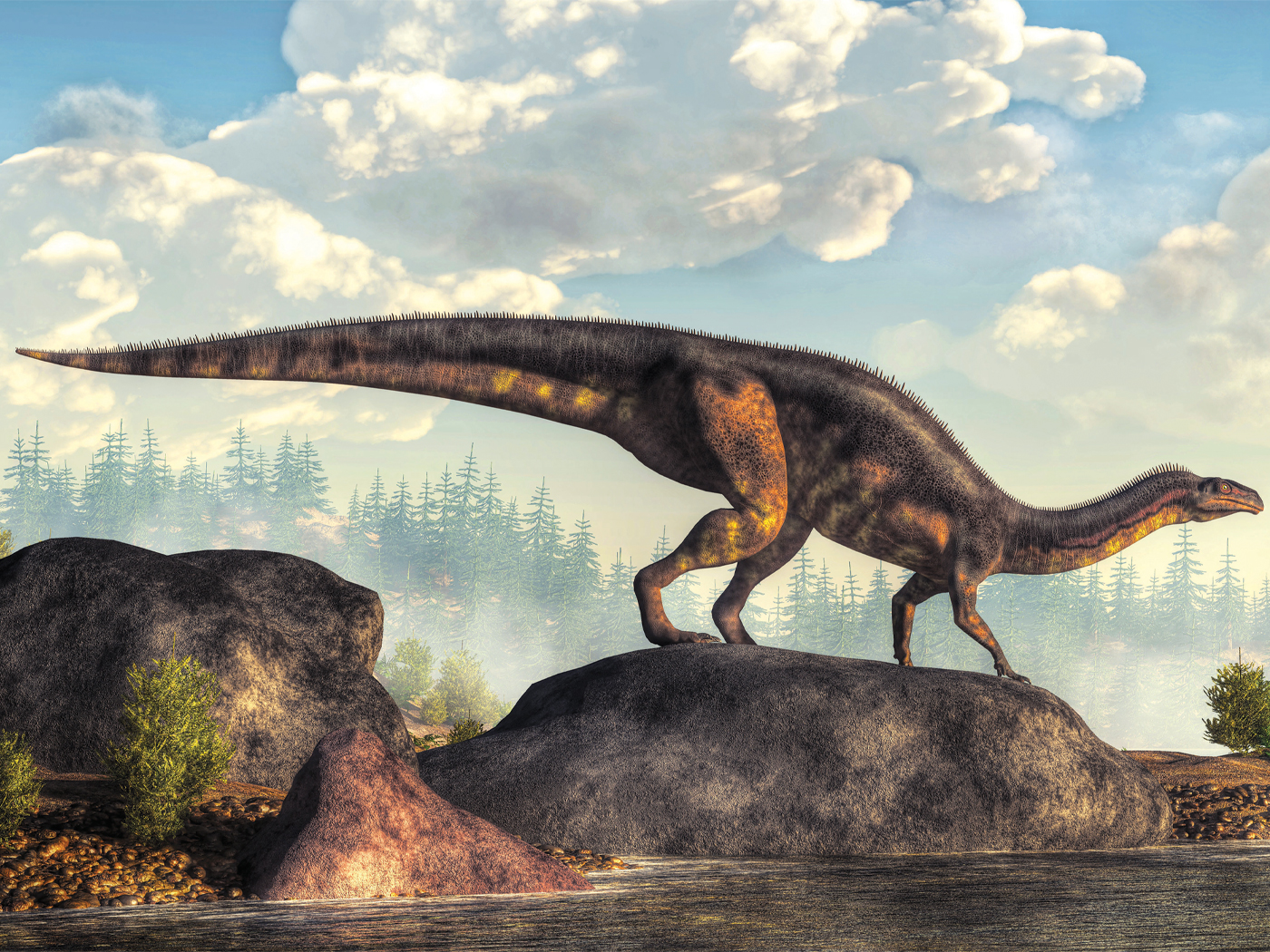The arrogance of anti-creationists stems largely from their pride in offering natural explanations for the world instead of supernatural explanations. No matter how much evidence can be shown for God's action in nature, secular scientists always rule it out of bounds from the outset, because they argue that any appeal to the supernatural is forbidden in science. It is time to challenge this claim, because it is flawed at its core. The natural/ supernatural distinction breaks down under scrutiny.
"Natural" is a slippery word. Its meaning is dependent on context. We think of nature when visualizing wildlife and natural parks, or untamed wilderness, or unprocessed food. But we also speak of human nature, natural affection between family members, and natural reason (i.e., common sense). Natural can mean probable, normal, sensible, or unadorned. It can mean the sum of traits that characterize an object--that is its nature. The Bible says the natural man does by nature the things in the law.1 It even speaks of the divine nature!2 Clearly, nature and natural are very flexible words.
Scientists assume one meaning, but then switch meanings in practice. Nature is supposed to be limited to the universe of particles and forces. To them, that excludes gods, angels, and whatever other "superstitious" entities are not amenable to sense perception. Intelligent Designers intervening in the natural order (i.e., doing miracles) are out. But then the scientists will turn right around and use reason and morality, which cannot be reduced to particles and forces. Some of the objects in their toolkit would be hard to distinguish from ghosts.
Consider the following non-physical entities frequently discussed in scientific literature: action-at-a-distance, singularities, infinities, consciousness, mind, extraterrestrial intelligence, the placebo effect, and unobservable phenomena like the interiors of stars, dark matter, dark energy, quarks, superstrings, the Big Bang, the origin of life. Some physicists even posit parallel universes or an infinite multiverse. How natural is that?
Then there is the whole realm of concepts: information, mathematics, the laws of logic, philosophy, history, reason, the scientific method, rationality, classification, causation, induction, objectivity. Science itself is a concept. It requires additional non-physical concepts: the moral categories of truth, honesty, ethics, integrity, and fairness. These all refer to absolutes that are timeless and universal. Science, therefore, depends on a host of things that extend beyond particles and forces.
Within the biblical worldview, these things all cohere and make sense, but how can a so-called naturalist derive concepts from particles? The journal Nature recently said that science itself is unnatural: "Science insists on the value of truth even when it is inconvenient or harmful; most people's beliefs tend to reinforce their self-interest. In this unnaturalness lies the great strength of science."3 Well, then, if it is unnatural, is it supernatural?
Since a materialist has no categories for up or down, it doesn't matter if you call it unnatural, non-natural, or supernatural: it won't fit in a natural box. A scientist is therefore a supernaturalist in spite of himself. Any time he offers a scientific explanation, avoids self-interest, or seeks the truth, he plagiarizes the biblical worldview. Any time she creates something by design, or uses concept words like observation, information, or causation, she is a supernaturalist, aware of it or not. Supernaturalism is inescapable.
Kurt Gödel famously proved that mathematics cannot validate itself. David Wolpert recently extended this into all scientific reasoning. As paraphrased by Binder, he proved that "the entire physical Universe cannot be fully understood by any single inference system that exists within it."4 Welcome to supernaturalism, everybody!
Biblical creationists have the resources to understand the world, because they know the One who made it. Denying a transcendent Creator undercuts science. The bottom line: everyone is a supernaturalist, and everyone believes in miracles. Intentional miracles have more explanatory power than chance miracles. Bible believers, therefore, can do better science. Don't let evolutionists get away with nonsense about disallowing the supernatural in science. Pulling the rug out from under oneself is not natural.
References
- Romans 2:14.
- Romans 1:20; 2 Peter 1:4.
- Editorial. 2009. Humanity and evolution: Charles Darwin's thinking about the natural world was profoundly influenced by his revulsion for slavery. Nature. 457 (7231): 763-764.
- Binder, P.-M. 2008. Philosophy of science: Theories of almost everything. Nature. 455 (7215): 884-885.
* David Coppedge works in the Cassini Program at the Jet Propulsion Laboratory. The views expressed are his own.
Cite this article: Coppedge, D. F. 2009. The Nature of Naturalism. Acts & Facts. 38 (4): 19.






